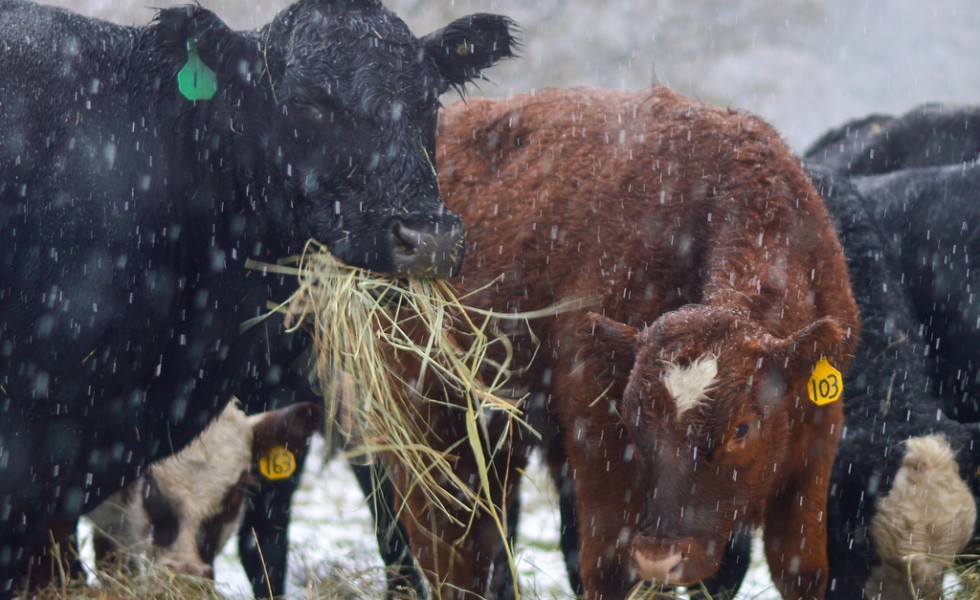An Allegory and A True Story
Posted on January 25, 2017

The allegory:
Not long ago, a man named Jim was in business with his brother Bob. Jim was the hardworking, money-making side of the firm; Bob was the always smiling, money-spending side.
And, sure, Jim knew the arrangement was lopsided but he loved and trusted Bob and Bob was Jim’s greatest admirer and biggest promoter.
The business did well for years until one day, by pure chance, Jim discovered Bob had been stealing money from the company. It wasn’t much, about $21,500 out of the $21 million in revenue the company had earned over the past three years.
It was enough, however, to make Jim wonder how long Bob had been skimming company cream. Worse, the brothers had two out-of-state sisters as partners and Jim knew both would have to be told the truth about Bob.
So Jim confronted Bob and Bob made a tearful confession of his “mistake.” He repaid the $21,500 and the brothers moved on.
But the sisters didn’t. They asked Jim for a multi-year audit of the company’s books to ensure that Bob had not stolen more than $21,500 and to make certain other “mistakes” had not occurred under Jim’s aging eyes.
Both brothers balked. An audit would be expensive, disrupt business for months, and—who knew?—might turn up some expenses the sisters would object to. Reluctantly, however, Jim agreed to the audit.
A year went by and the sisters heard nothing from Jim other than his constant complaint that the audit “would kill the business.” The sisters hired an attorney who, in court, pressed for the audit’s results. It was, he argued, the sisters’ legal right to know how their money had been spent.
Moreover, the attorney added, not disclosing the results because it might “kill the business” was the very reason the results must be disclosed. “What were the brothers hiding?” he asked.
How did the fight end?
The way fights like this usually end. The brothers continued their stonewalling of the facts and the sisters continued their legal pursuit of those same facts until, indeed, both the business and the family imploded.
The true story:
By Feb. 17, the National Cattlemen’s Beef Association (NCBA) will file with the U.S. Department of Agriculture reasons it might have to keep private 9,300 or so pages of financial documents related to how it used public money, beef checkoff dollars.
The filing is the next step in the ongoing legal battle between the Organization for Competitive Markets and USDA’s Office of Inspector General (OIG) over documents surrounding OIG’s 2011 investigation into a government audit conducted by the Cattlemen’s Beef Board—known as the beef checkoff—and the Board’s principle contractor, NCBA.
NCBA has questioned public disclosure of the documents because, it claims, going public with how it spent millions in beef checkoff dollars will give away proprietary information and, worse, might threaten the very existence of the beef checkoff.
Yes, the money is public; the U.S. Supreme Court ruled long ago that federally-chartered, non-refundable commodity checkoffs are “government speech.” That should mean that “government” dollars collected and spent by federal checkoffs on public research, public promotion, public communications, and public market-building programs is, in fact, open to public oversight.
But, no, NCBA will likely argue, we can’t tell you, the public, how we spend your money as the checkoff’s decades-long, hired hand because telling you might hurt us, it, or both.
That, of course, is the best argument for full disclosure and the worst argument for a continued cover-up that anyone could make. What is so secret in NCBA’s dark checkoff closet that it can’t show you, the people who’ve bought and paid for that closet, because it will destroy the checkoff?
If it’s nothing, you should know. If it’s something, that’s an even greater reason for you to know. NCBA knows. You don’t.
Why?
© 2017 ag comm
Share This